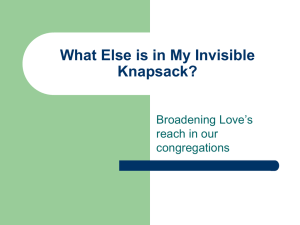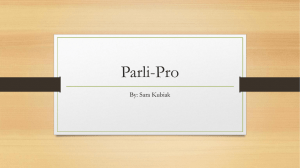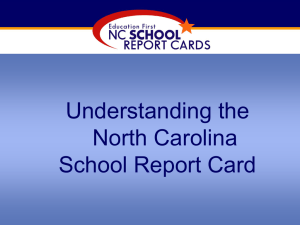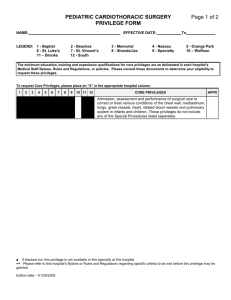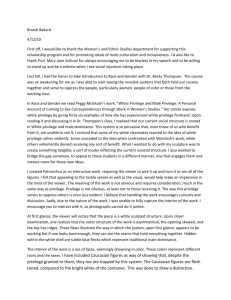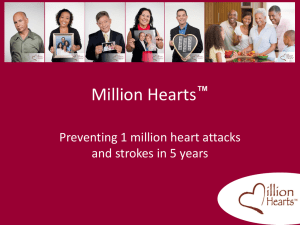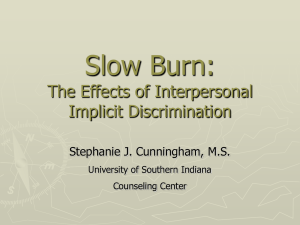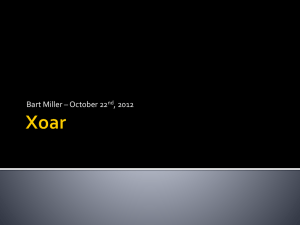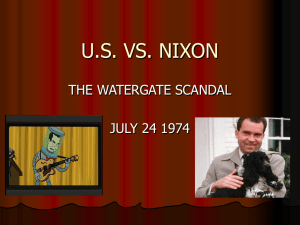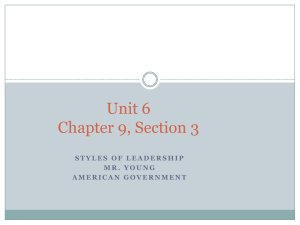Can We Talk About Race PowerPoint - Login
advertisement
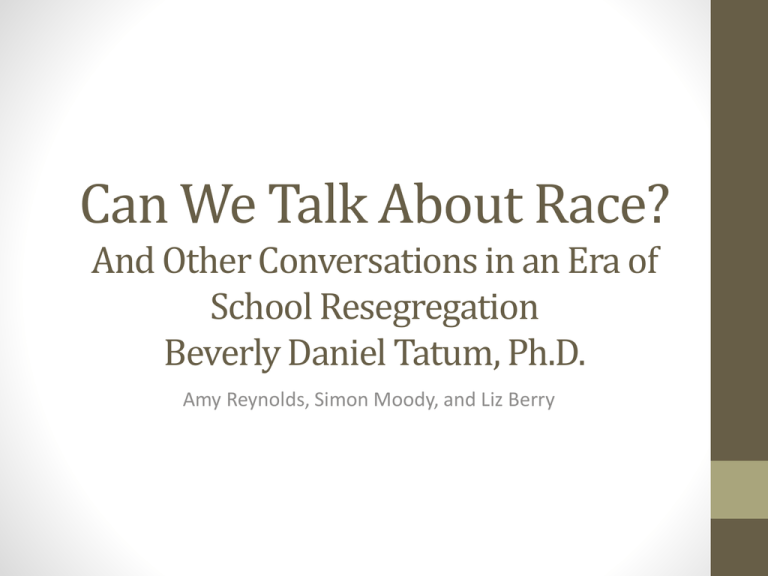
Can We Talk About Race? And Other Conversations in an Era of School Resegregation Beverly Daniel Tatum, Ph.D. Amy Reynolds, Simon Moody, and Liz Berry Where Do We Live? http://projects.nytimes.com/census/2010/map Can We Talk About Race? http://www.c-spanvideo.org/program/198545-1 A Culture of Silence • “Does the childhood segregation of our schools and neighborhoods and the silence about race in our culture inhibit our capacity to have meaningful dialogue with others, particularly in the context of cross racial relationships?” A Culture of Silence • “Can we get get beyond our fear, our sweaty palms, our anxiety about saying the wrong thing, or using the wrong words, and have an honest conversation about race?” A Culture of Silence • “Without intentional activity to shift the paradigm, it is easily perpetuated from one generation to the next.” Discussion Question • Why is there a culture of silence about race? Why is talking about race uncomfortable? Discussion Question • What can we as educators do to break this silence? White Privilege • “White children will need to be in schools that are intentional about helping them understand social justice issues like prejudice, discrimination, and racism, empowering them to think critically about the stereotypes to which they are exposed in the culture.” White Privilege • “The group story of what it means to be White is a story of achievement, success, and of being in charge.” White Privilege • “Black teenagers and other teenagers of color typically begin to explore their racial identity during adolescent, but White students may wait a long time before they think about what it means to be White. Sometimes they never do.” White Privilege • “Where Whiteness is still a source of power and privilege, it is still possible to resist being in the role of dominator, or “oppresor,” and to become genuinely antiracist in one’s White identity, and to actively work against systems of injustice and unearned privilege.” Discussion Question • What is “White culture”? Discussion Question • What is White privilege? What does it mean to be privileged? The ABCs • A = Affirming identity • B = Building community • C = Cultivating leadership The ABCs • “Affirming identity is not just about being nice—it is bout being knowledgeable about who our students are, and reflecting a story that resonates with their best hope for themselves.” The ABCs • “Affirming identity is not contradictory to but a prerequisite for building community. Learning to build community, to think inclusively, to cross borders, is both a challenge and a benefit of being part of a diverse campus community.” The ABCs • “Creating opportunities to master one’s fear of difference should be a part of the college experience, and that can happen at any kind of institution.” The ABCs – Tatum’s Suggestions • • • • • • Make standards for evaluation explicit. Avoid overpraising mediocre work. Normalize help-seeking behaviors. When possible, include diversity of perspectives. Encourage cross-group interactions in class. Revise your view of intelligence. Discussion Question • How can you bring the ABCs to your classroom? To your school? Discussion Question • How can you continue your journey of understanding race in our society? Discussion Question • Why is self-reflection so important in cultivating a deeper understanding of race? Recommended Readings/Resources • White Privilege: Unpacking the Invisible Knapsack, by Peggy McIntosh • SEED


